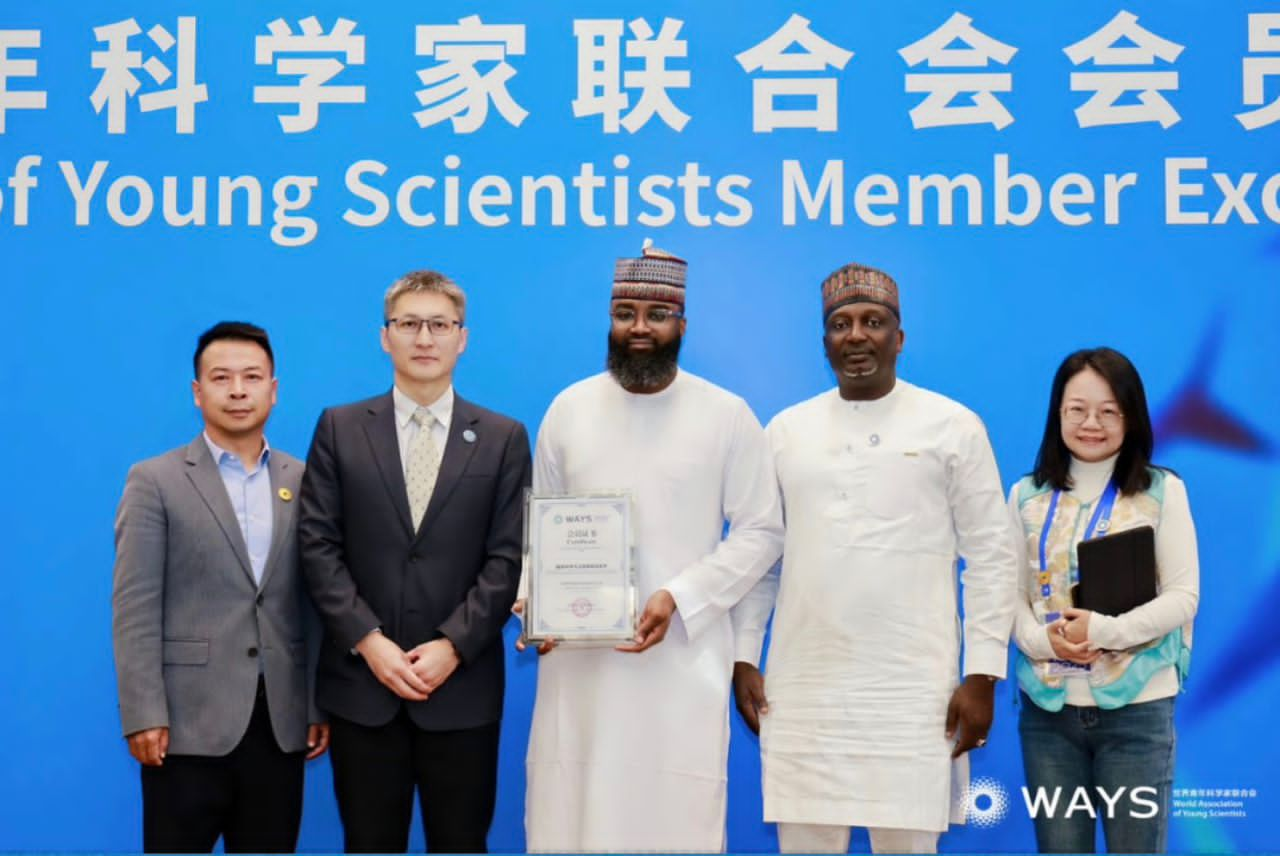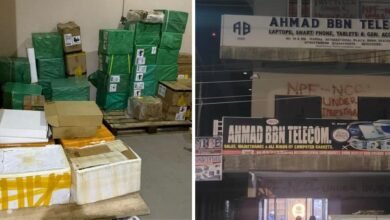NewsTechnology
NASENI Becomes First African Government Agency to Join World Association of Young Scientists

In a milestone that underscores Nigeria’s growing footprint in global science diplomacy, the National Agency for Science and Engineering Infrastructure (NASENI) has become the first government agency from the continent to be admitted into the World Association of Young Scientists.
The historic induction, confirmed following the association’s annual plenary meeting, places NASENI alongside an exclusive roster of national science institutions and research bodies from more than 60 countries that are shaping the future of youth-led innovation and cross-border scientific collaboration.
This represents both validation and opportunity for Nigeria. NASENI, established in 1992 to anchor the nation’s industrialization through indigenous engineering capacity, with this membership now gains direct access to a global network of young researchers, funding streams, and collaborative platforms that could accelerate the commercialization of homegrown technologies.
The World Association of Young Scientists, a non-governmental organization that champions youth-driven solutions to global challenges, operates as both convener and catalyst. Through summits, exchange programs, and its prestigious Young Scientist Sustainable Development Goals Award, WAYS connects emerging researchers across disciplines with opportunities to address climate change, food security, and technological inequality—issues that disproportionately affect developing nations.
For NASENI, whose mandate spans everything from solar panel manufacturing to hydropower plant development through a network of specialized institutes across Nigeria, membership offers tangible benefits: access to international best practices, potential research partnerships with institutions in Asia, Europe, and the Americas, and a platform to showcase Nigerian innovation to investors and policymakers beyond the continent.
NASENI’s admission signals that African institutions, when properly positioned, can compete for relevance in shaping how young scientists worldwide tackle shared challenges like sustainable development and ethical research standards.
This move also aligns with broader ambitions to diversify Nigeria from an oil-dependent economy through knowledge-driven sectors. NASENI’s existing work, from engineering materials to scientific equipment for education and industry, has yielded projects including renewable energy installations. Exposure to WAYS’s innovation ecosystem would help bridge gaps of commercialization, while connecting Nigerian prototypes with markets and manufacturing expertise.





